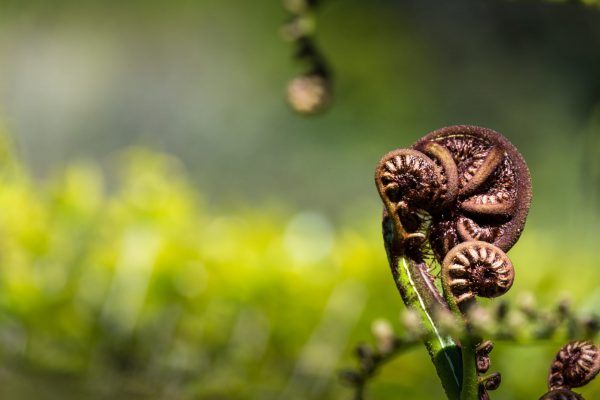Structures
-
Disconnect in whānau and family systems
Being disconnected from, or not having family or whānau, can cause isolation. Being adopted, not knowing your relations, and an unstable home structure can impact feelings of belonging. Participants shared how disconnection from family and whānau led to a loss of identity and culture. Participants that experienced state care spoke of abuse from those meant to protect them.
Didn’t feel belonging in family. It’s really hard. From a young age I’ve been different. I don’t like to use labels, but I disagree with the treatment.
-
Didn’t feel belonging in family. It’s really hard. From a young age I’ve been different. I don’t like to use labels, but I disagree with the treatment.
-
A lot of people who come to Wanaka don’t have parents or other family here. They’re isolated.
-
When I refer to my being raised in the State, I spent 14 years in state care. Don’t know who your family are. Many of the carers abused me and my siblings. You feel really alone, because there are parts of you that don’t develop as a child. There are thousands of us who have been abused and taken from our families.
-
I’m adopted, a lot of issues around that. It disconnects you from the family you’re actually connected to. I relate to that feeling of not feeling like I belong in this country. I have a lot of issues around belonging, because of that early start.
-
One quite uncomfortable experience. I keep quiet about my whanau and my identity [mother is Pakeha, adopted into Māori family] because it’s quite political. I’ve only just started to explore it, I was talking about it and I was yelled at that I had no right to claim that identity. How do I express that identity without offending anybody, that experience of being brought up in a Māori family. I suppress that but when I do, I’m not my whole identity.
-
-
Class or societal structures
Being classified into a group based on income, education, or background creates division and exclusion. Participants shared how they were judged for things like the clothes they wore or where they lived. They also shared how widespread society expectations and structures impact belonging by limiting what is seen as acceptable, for example, having children (or not) and those of gender diversity or sexual orientation.
There’s a lot of closed-ness, protected-ness, prejudice. It’s really weird. I’m starting to think, more than colour, that it’s more socioeconomic status in the world. It’s about classism.
-
There’s a lot of closed-ness, protected-ness, prejudice. It’s really weird. I’m starting to think, more than colour, that it’s more socioeconomic status in the world. It’s about classism.
-
Class basis with people who have had inter-generational wealth. The way in which they dress, talk, privately educated, the cars they drive. I might be invited to a dinner, I struggle a bit in that space. I feel, not inferior, but don’t feel comfortable. Those class structures still exist.
-
As you get older, people start asking “are you married? Do you have children?” There are expectations of what you’ll be like at 40, that you’ll be married and have kids. The normal patterns, if you don’t follow them, that can be barrier [to belonging].
-
When I think of my mother’s experience of social exclusion, that was just terrible. She was a primary teacher. Other women wouldn’t invite her [to social gatherings] because she might go after their husbands.
-
I don’t like cliques and toxic environments. You can be in the clique but feel excluded if you think differently.
-
When I moved here, I never thought there was classicism in NZ, but there is.
-
-
Political systems, including legislation and policies
Political systems, including specific legislation and policies, can act as barriers to belonging. Participants shared a feeling of disconnection from European governance systems that exclude Māori ways of doing things and ignore the Ti Tiriti o Waitangi. Participants also talked about how immigration policies made them feel unwelcome and how difficult it was to continually adapt to visa policy changes.
From a Māori perspective, when we adopt systems from overseas and try to fit tikanga into Pākehā ways of doing things.
-
From a Māori perspective, when we adopt systems from overseas and try to fit tikanga into Pākehā ways of doing things.
-
The mainstream system and government disconnects people. Unless you have freedom of expression, the mainstream systems wipe that out and you have a feeling of disconnection; and so they look to government and rely on them to tell them what to do and how to behave. That is dangerous.
-
We’re talking about feeling welcome or not, if you start with the immigration process, already at the start you don’t feel welcome.
-
Lack of honour of what Te Tiriti o Waitangi intended for living in partnership, equity and Tino Rangatiratanga. The continued attempt of politicians to water this down further by allowing more people to live here who do not have an understanding of the foundational intention of Te Tiriti, and subsequent breaches and dishonour that ensued, of the country they wish to make their home.
-
There were other times where we had to often change the types of visas my family were staying with, as my academic and employment situation was changing a lot then, and we had to work around quite a few tight timeframes.
-





